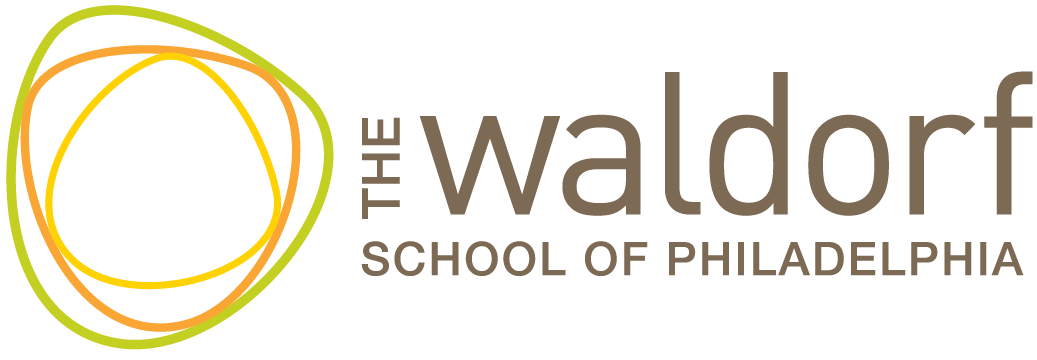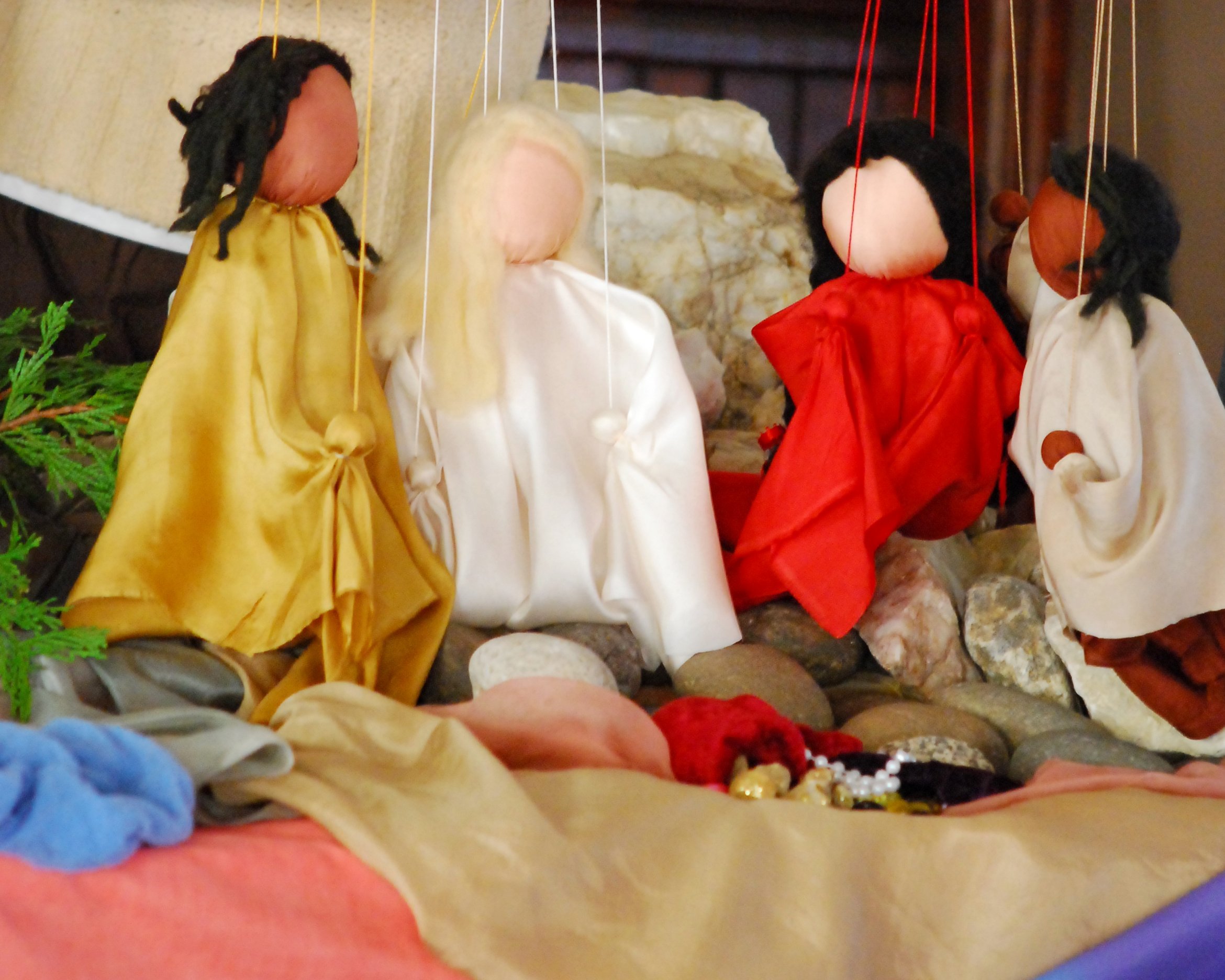
DEIJ in the Curriculum
Diversity, equity, inclusion, and justice are woven through our curriculum, supporting students to be fully and intentionally themselves and make sustained, community-based change.
An integrated approach
Through diversification of the traditional Waldorf curriculum, weekly staff and faculty engagement in DEIJ coursework, and ongoing evaluation of policy, procedure, and structure, we are continually diversifying our students’ educational experiences. By providing classroom guidance through age-appropriate, grade-specific curricula and integrating DEIJ initiatives throughout the school, we spotlight diverse viewpoints in the stories we tell and the narratives we reinforce.
Early Childhood
Teaching respect for everyone begins with our youngest students. From telling stories of people and cultures across the globe to making space for sharing stories about our own family traditions, from noticing how different each of us is to celebrating what unites us, our Early Childhood teachers foster love, respect, pride, and knowledge of self and others.
Lower School
Our Lower School students are consistently expanding their engagement with stories and images from around the world, understanding the universal human archetype and identifying it in various cultural traditions, fairytales, and fables. As activism and courage become topics of significance, our students lean on the wisdom of Black, Brown, and Asian civil rights activists, on the stories of abolitionists and those who were enslaved, and on stories of Native and Indigenous peoples who fought—and still fight today—for sovereignty and freedom. Storytelling is deeply woven into our work of diversity, equity, and inclusion, connecting global issues, local histories, and universal human experiences. Born out of the desire for community building, the Fifth Grade Forum is a weekly meeting place where Fifth Graders, with the support of the Learning Support Specialist and Director of DEIJ, reflect on gratitude, kindness, and healthy communication and engage in conflict resolution.
Middle School
To fold into the physiology and human anatomy work Seventh Graders do, we have introduced Health, Wellness, and Body Education. Here, we prioritize the physical, cognitive, and emotional shifts that occur in middle school, how these changes may be showing up for students, and what we need to know to feel empowered and informed. Eighth Graders have an ongoing DEIJ class, exploring ideas of activism, identity formation, and community.



